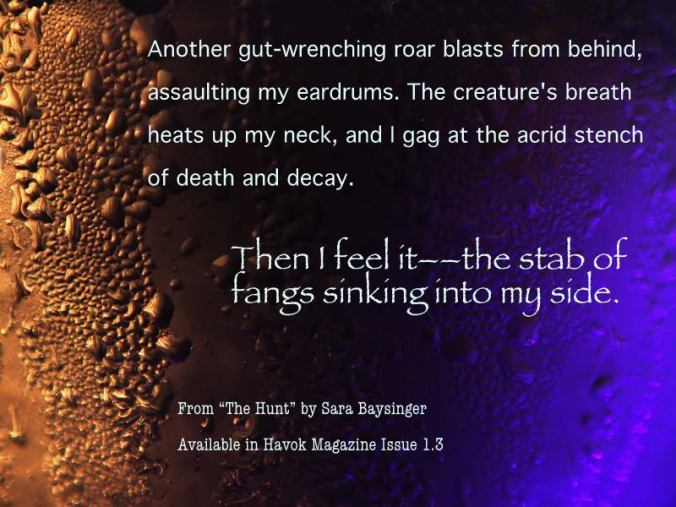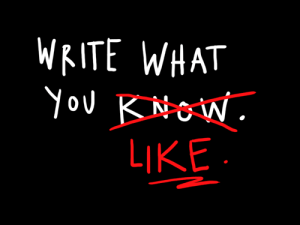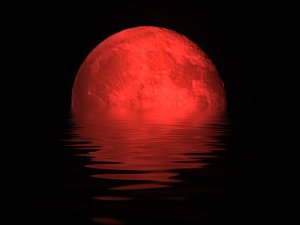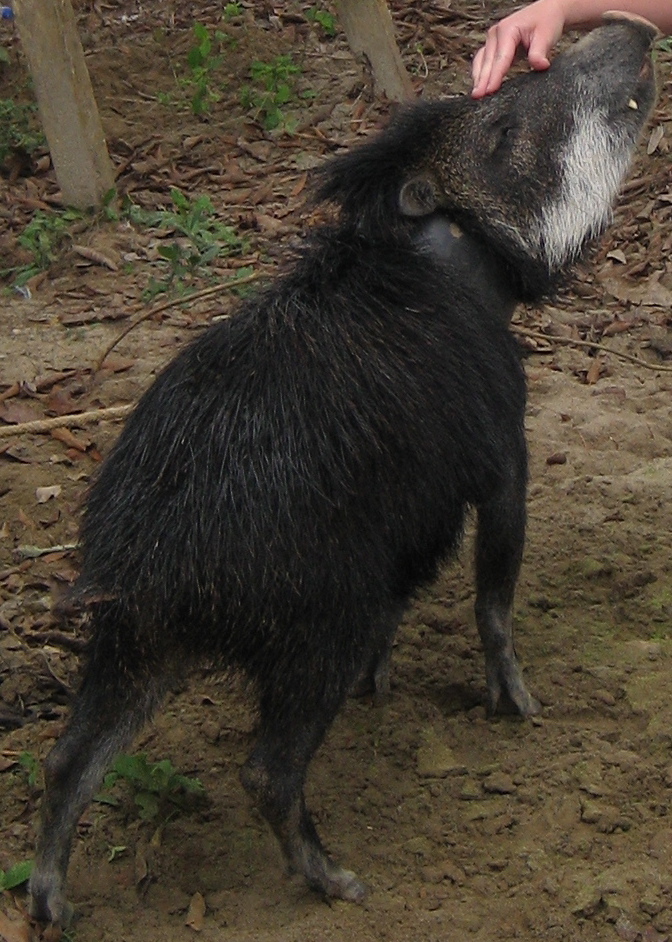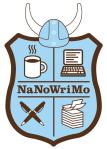 What is NaNoWriMo, you ask? National Novel Writing Month. It’s a fun worldwide goal to write 50,000 words in your novel during the month of November. You can go to this website to learn more: http://www.nanowrimo.org/en/dashboard
What is NaNoWriMo, you ask? National Novel Writing Month. It’s a fun worldwide goal to write 50,000 words in your novel during the month of November. You can go to this website to learn more: http://www.nanowrimo.org/en/dashboard
I’ve never participated in NaNoWriMo but I will this year. And as we near the month of November, I’m trying to think of ways to best prepare myself so I could be most resourceful when I officially begin my novel. I thought I would share them here.
Outline. I’m a seat of the pants writer, so the thought of creating an outline makes me cringe. However, if I want this story to flow somewhat well in the first draft, and if I don’t want to get stuck with writers’ block, I think I’m going to need an outline. So I wrote a very, VERY rough outline for my novel. I probably won’t even end up following most of it, but it will help me get from point A to point B faster. (Except I couldn’t come up with the ending. For some reason, the ends of my stories never come to me until I’m actually writing them….)
Turn off your inner editor. Don’t worry about punctuation or which variety of words to use or whether or not your dialogue is snappy enough. Just write. Get the story down while it’s playing in your head. You’ll have plenty of time for revisions later. I find it a lot easier to write when I’m focused on one goal at a time. Firs write. Then revise. Then revise again, and again, and again, and… well, you get the idea. But don’t let the revision process come until after November.
Invest in helpful tools. Need a good notebook with an inspirational cover? Go buy one. Need colorful pens with which to write? Buy them. And if you’re willing/able to spend a little bit more $, buy Scrivener for your computer. You can track your writing so you reach your goal, create character sketches with pictures, make a visual outline (which you can convert into flashcards with a click of a button), and also the scenes are separated in that outline so if you want to move that battle scene further up, you can just click and drag, and it’ll actually move it in the manuscript. Needless to say, it is AMAZING and will save you a lot of trouble in the revision process.
 Read. As a writer, you probably know by now that reading books, both on the craft of writing and novels, are like food to the brain. Your writing will flow much easier the more you read, not to mention you’ll develop your voice faster. I usually try to read books of the same genre I’m writing, not because I want to “copy” them, (because I don’t), but because I usually think of how I could do things differently. This is good for everyone, because when you turn that book proposal into an agent or editor, they’ll want to know what books your novel is similar to and what makes it different and unique.
Read. As a writer, you probably know by now that reading books, both on the craft of writing and novels, are like food to the brain. Your writing will flow much easier the more you read, not to mention you’ll develop your voice faster. I usually try to read books of the same genre I’m writing, not because I want to “copy” them, (because I don’t), but because I usually think of how I could do things differently. This is good for everyone, because when you turn that book proposal into an agent or editor, they’ll want to know what books your novel is similar to and what makes it different and unique.
Make a playlist. Some people like to write in silence or to the wind rustling the trees. Others, like me, need music. My last novel had eight playlists, each pertaining to different sections of the story. I probably won’t make eight playlists this time, but I may have two or three. One for just calm writing music, one for soundtrack music (for those good action scenes), and one with actual songs that relate to my story. Music is probably one of the most inspirational assets to my writing.
Stock up on food. And by food, I mean coffee. Or tea. Or whatever it is you eat/drink while you write. Coffee awakens my mind, makes me think of creative things to add to my story. If I don’t drink my coffee in the morning, I might as well sentence myself to a day of writers’ block because I’m not going to get ANYTHING written. Well, I might, but I’ll probably end up deleting it later.
Take a bath. A long one, so you won’t have to worry about a shower the rest of the month. Oh, wait, I guess it doesn’t work that way. Take a bath anyway. Put on the inspirational playlist you created, light some candles and turn off the lights, and just lie in the hot water while thinking of your story. Oh, and make sure you have a notebook, pen, and hand towel close by, because you’ll need them. I can’t even tell you how many ideas pop into my head when I take a bath.
Schedule appropriately. Allot time each day to write. Let your spouse, children,  sisters, brothers, parents, dogs, fish, or whoever you live with know that you have a goal to write 50,000 words in a month. Tell them the time each day you plan to write so they won’t bother you during that writing window. But don’t neglect them, either. Make sure you plan equal, if not more time, with the family. Trust me, they’re much, much more important than you book.
sisters, brothers, parents, dogs, fish, or whoever you live with know that you have a goal to write 50,000 words in a month. Tell them the time each day you plan to write so they won’t bother you during that writing window. But don’t neglect them, either. Make sure you plan equal, if not more time, with the family. Trust me, they’re much, much more important than you book.
I guess that about covers it. I’m always looking for good ideas to inspire/prepare me for my next novel, so if anyone has anything to add to the list, feel free to share!
 Let me explain. I have a book I read for every season. Actually, I have multiple. Every Spring, for example, I read the Mark of the Lion series by Francine Rivers. (Well, at least the first two books.) Come Summer, I read The Hunger Games by Suzanne Collins and Legend by Marie Lu. When Summer ends and the leaves begin to turn, I start thinking about this series by Angela Hunt called Legacies of the Ancient River. In the fall I read Dreamers and Brothers, and come Christmas, it’s time to read the third book, Journey.
Let me explain. I have a book I read for every season. Actually, I have multiple. Every Spring, for example, I read the Mark of the Lion series by Francine Rivers. (Well, at least the first two books.) Come Summer, I read The Hunger Games by Suzanne Collins and Legend by Marie Lu. When Summer ends and the leaves begin to turn, I start thinking about this series by Angela Hunt called Legacies of the Ancient River. In the fall I read Dreamers and Brothers, and come Christmas, it’s time to read the third book, Journey.